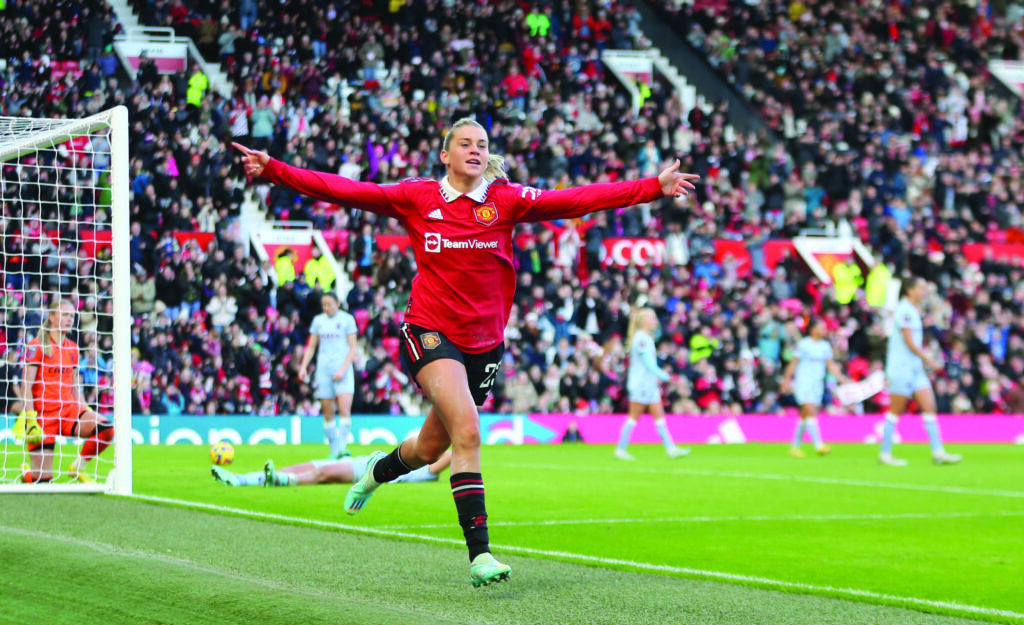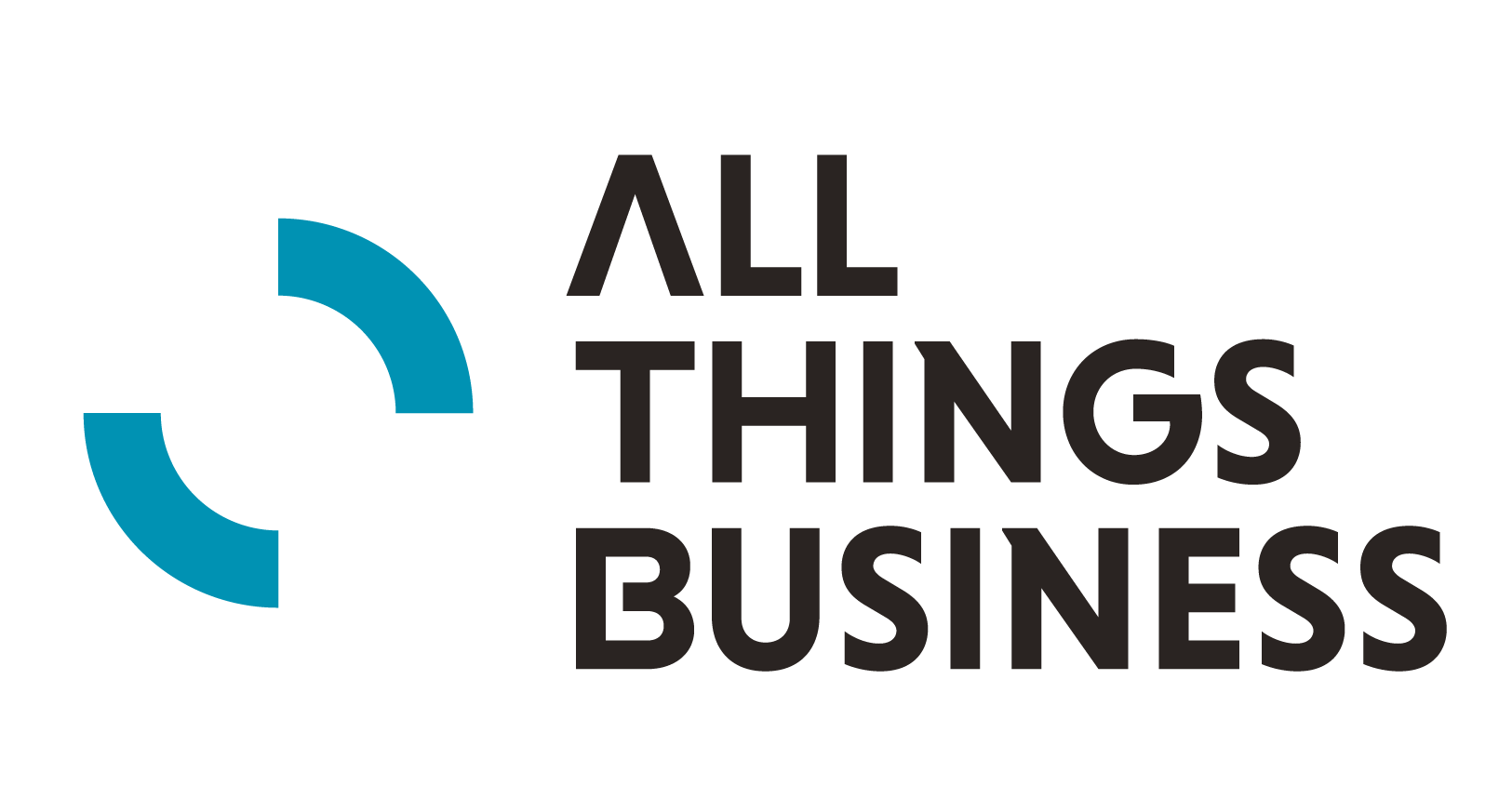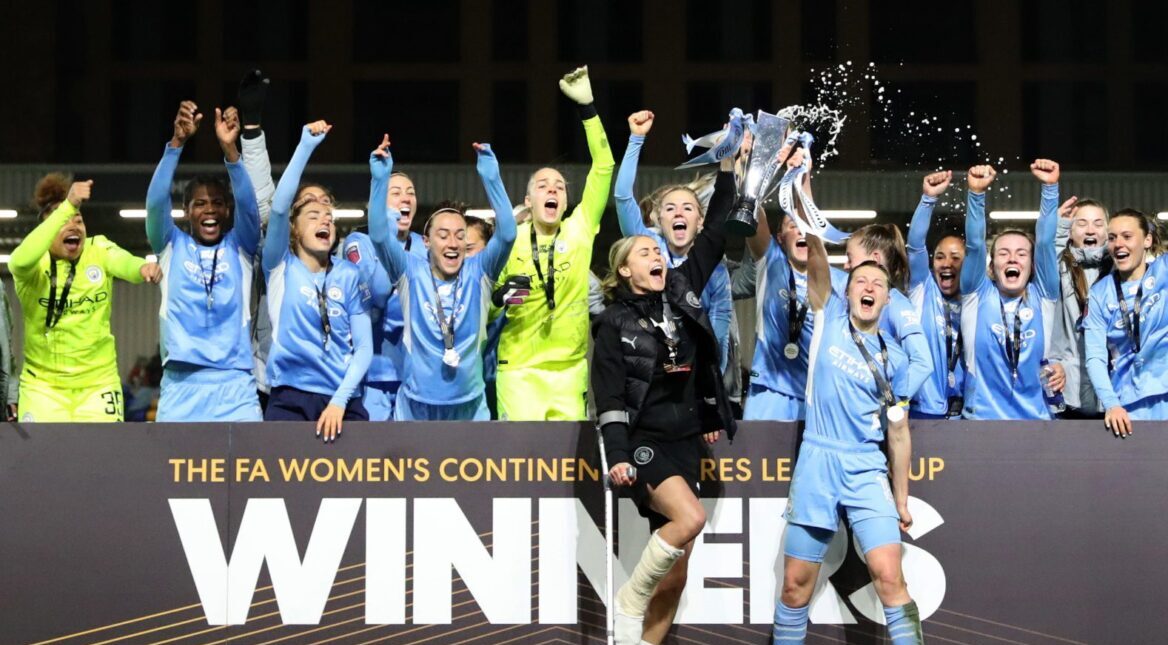Swapping a tracksuit for a business suit was the first step on a journey that took Kelly Simmons OBE from fighting to develop the game in a way that would give women and girls more opportunities to play football through to that incredible evening last summer celebrating the Lionesses’ Euros win at Wembley.
Spanning more than 30 years, it’s been a remarkable experience, and although it’s about to end, when Kelly steps down as Director of Women’s Professional Game at the FA next year, it’s clearly a job well done.
Having only found herself an 11-a-side team once she got to Warwick University, Kelly went on to play for Brighton & Hove Albion in what was then the Women’s Premier League, and was in the process of working towards her coaching badges in preparation for the end of her playing days, when an opportunity to get involved with the FA’s programme to support women’s football presented itself.
“I’d been mad on football since I was a little girl, but there were simply no girls’ teams then,”
she explained.
“My dad didn’t think football was a girls’ game either, so I used to make sure I was out in the street showing off my keepy-uppy skills when he was due home from work, so I could show him he was wrong.
“There are some amazing stories from the past about the lengths women had to go to just to be allowed to play, disguising themselves as men sometimes just to get a game.
“Even when I joined the FA, it was a very different culture from today’s. They had appointed me as one of two regional managers to support clubs, coaches and teachers who wanted to get girls interested in football. I always believed that it could one day be the biggest female sport, but the FA hadn’t even run women’s football until not long before that, and there were some cultural barriers to break down. I found allies, worked with them, and gradually things began to change.”
And change it certainly has. Later appointed national lead for women’s football to work alongside Howard Wilkinson, who was drawing up a National Game Strategy for grassroots football in terms of support and investment across the male and female games, Kelly could see that both facilities and attitudes were changing.
Centres of excellence were being set up and, in the women’s game, Hope Powell was appointed at the first full time national coach in 1998. The advent of the Premier League in the men’s game had changed the way football presented itself, vast amounts of money coming into the game from television rights, particularly Sky’s involvement, along with the hype that increased the entertainment value and got more people watching the game.
And on the back of that new, exciting approach, the women’s game continued to flourish, with the Women’s Super League turning fully professional in 2018.
“I always thought that once we reached a certain point the floodgates would open and they did,”
said Kelly.
“The professional game gave us such a competitive advantage. Suddenly, the step up from club to country wasn’t so great for players, they had found their level and international games were just part of the season. Going into tournaments with players that were prepared was so far removed from just a few years earlier when we weren’t even qualifying for those tournaments, let alone having a realistic chance of winning.
“Giving girls those fantastic role models, fantastic athletes playing the game at the highest level was what women’s football needed. And that was backed up by a massive team effort at the FA, bringing the right people in, appointing Kate Cossington as Women’s Technical Director, and, of course, Sarina Wiegman as head coach was pivotal. Suddenly we were able to build on all that work that had gone on at clubs to build the domestic league into one of the most competitive leagues in women’s football.”

There were still the cultural barriers to break down, though, with many people, male and female, still believing that football wasn’t a female sport. Success at two World Cups, in Canada in 2015 and France in 2019, had brought about something of a shift, and by the time the Lionesses appeared in the final of the Euros in 2022, it was clear they had brought the nation together as fans of women’s football.
“You can see where a country is in terms of gender equality if you look at its attitudes to football,”
said Kelly.
“In the USA there was never an issue, football, or soccer as they call it, wasn’t seen as a male sport. American football definitely is, but soccer was open to everyone and so there was no barrier to the women’s team, which is why they have been so dominant.
“I went to Canada and France and saw England lose in the semi-finals both times, but I knew it was only a matter of time before they made it to a final. Last year, when the Euros began, I just developed this feeling of supreme confidence that we were going to win. I was at every England game and quite a few of the others and knew that as long as we had a bit of luck on our side, we could win the tournament. Sarina had got the ethos and environment right.
“In will never forget the last five minutes of that final, it was surreal, sitting in the stands at Wembley with two of the Spice Girls, watching this England team playing so calmly and so confidently while the rest of the place was screaming for the final whistle to go. The players knew they’d got it, and they didn’t need to boot it high into the stands like we were all praying they would do. They just played their game and looked like winners all the way.
“The scenes at the end were amazing, there was such joy. But what was really one of my favourite moments was seeing the German fans, still there at the end, cheering their team and joining in with Sweet Caroline, really enjoying the moment even though they hadn’t won. It summed up the whole tournament, which was watched by 17.5 million people, one of the biggest TV audiences of the year, let alone of the tournament.”
Seizing the moment, with everyone still talking about their win, the Lionesses sent an open letter to the Government demanding equal access to football for girls. Now, in the 96% of our schools that offer football as a sport, it is a requirement that girls have to be allowed to play.
And so, when Kelly steps down from her role in 2024, hopefully having seen the England team do well – dare we dream of a win – in this year’s World Cup, it will mark the end of her involvement in an era that has seen seismic change.
“When I started, I never even realised jobs in women’s football existed,”
she said.
“I thought I was destined to be a coach but found myself getting out of the tracksuit and ending up sitting in board meetings in a suit.
“There’s a big year ahead, but once I finish, I’m just going to give myself time to take stock. I’d like to stay in sport, maybe in some kind of consultancy role, and I’m still on the board of Women In Football, so we’ll see what comes my way.”

